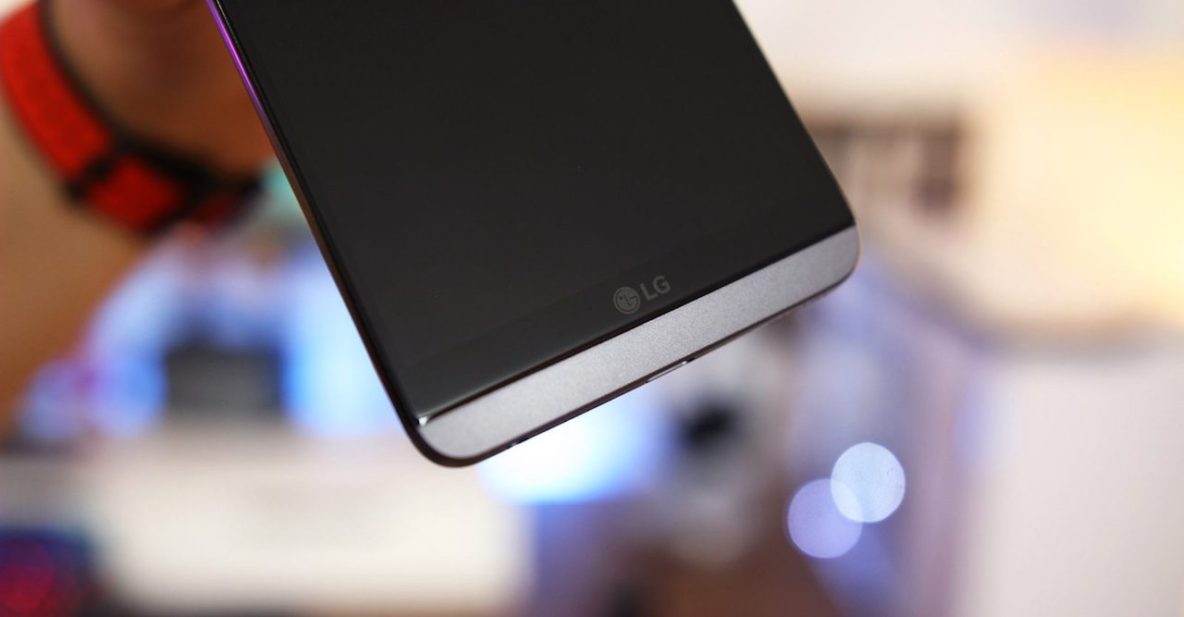And shortly after it made the rounds online, the G6 became the subject of another series of articles. Only this time, the news is not so good for the MWC 2017-bound flagship. The forecast is downright gloomy, actually.
According to Forbes, the LG G6 won’t be based on Qualcomm’s upcoming Snapdragon 835 chipset, which is said to be much faster and more power-efficient than the Snapdragon 821 and 820 chips inside last year’s top Android handsets. This information has been corroborated by The Verge.
SEE ALSO: Why you should care about the Qualcomm Snapdragon 835
The reason, according to an industry insider who asked to remain anonymous, has — believe it or not — everything to do with the Korean manufacturer’s fiercest rival (and neighbor) Samsung, which reportedly “has first dibs” on Qualcomm’s best work to date. Which makes sense because Samsung is helping Qualcomm manufacture the 835.
The Forbes report went on to say that the chipset “won’t be widely available until after the release of the Galaxy S8” in mid-April, indicating Samsung is emptying Qualcomm’s inventories and forcing other OEMs [original equipment manufacturers] to use the next best thing available.
In LG’s case, it’s the Snapdragon 821. Yep. The phone tasked to lift LG out of its slump in 2017 will rely on 2016’s finest to get the job done.
According to a source, Samsung ‘has first dibs’ on Qualcomm’s Snapdragon 835 and that the chipset ‘won’t be widely available until after the release of the Samsung Galaxy S8,’ forcing OEMs to use the next best thing available. In LG’s case, the 821.
But that’s not necessarily a knock on the LG G6. We’ve seen what the Google Pixel can do with the 821; it tears through just about anything you can throw at it.
LG’s next flagship should be fine, especially if the rumor about the handset shipping with Google Assistant turns out to be accurate. Still, the absence of bleeding-edge silicon could disappoint Android die-hards who want nothing less than the best, or the fastest, money can buy.
It’s worth pointing out that LG has opted for an older chip in the past — for use in its premium phones, no less.
In 2015, the company launched the G4 and V10 with the Snapdragon 808 instead of the 810. Back then, its reasoning was simple and credible: The 810 was plagued by overheating issues. That view was echoed by others outside of the company. To make sense of its use of dated hardware this year, however, its reasoning may sound defeatist.
Image via 9to5Google
Video you may want to watch: LG V20 (Snapdragon 820) vs. Google Pixel XL (Snapdragon 820) performance test
Share this Post



